Around 6,500 people across the UK are waiting for an organ transplant. Typically, three people die every day due to a shortage of people willing to donate organs.
We work in partnership with NHS Blood and Transplant to increase sign up to the Organ Donor Register and encourage potential donors to share the decision with their loved ones.
To change behaviour around organ donation we meet the challenges in several different ways.
Sometimes it’s not so easy to find a match.
Normalising organ donation for a young audience by partnering with Tinder.
We found that our audience spent around 2 hours a day (on average) on online connection apps like Tinder, ignoring our “traditional” comms to focus on their social lives. Organ donation never entered their universe.
The mechanic of “finding a match” on Tinder was the perfect way to house our disruptive messaging. It allowed us to raise awareness of one of the key issues in organ donation, how hard it is to find an organ “match” for those in need on the waiting list, whilst normalising the topic via the popular cultural platform.
The partnership between NHSBT and Tinder has achieved global reach with over 24 million impressions on social media and during the two weeks of the partnership, the direct weblink accounted for 16% of all click-throughs to the organ donation website.
Thanks to the massive amount of press coverage we received, conversation about the subject rocketed, therefore helping to start to normalise it. Normalisation requires the bravery to join the audience where their attention lies and this is what we have sought to achieve.
The Vitals – waste your organs or save a life?
Provoking conversations amongst young people on social media.
Despite a number of donor recruitment campaigns, there was still a distinct lack of 18 to 35 year olds on the Organ Donor Register. That’s why this activity was aimed at them. Insight tells us that younger audiences respond well to rational messages, so we took this to heart.
With the intention of provoking conversation and registration, we gave our young audience a stark, binary choice – when you die, should you waste your organs or use them to save a life?
A family of quirky characters called The Vitals (eyeball, heart, liver, lungs etc.) highlighted the absurdity of destroying your vital organs when other people need them.
The activity not only generated conversations, but significant registrations as well.
Sign For Life.
Getting champions to champion a worthy cause.
Behavioural science highlights the importance of the messenger when trying to change behaviour. So when a footballing hero asks a supporter to take action, they are more likely to get a positive response. And if they use social media they can spread the conversation far and wide.
Football and rugby clubs helped us reach key audiences who are underrepresented on the NHS Organ Donor Register and are typically harder to engage through traditional marketing channels.
The 'Sign for Life' partners come from across the Premiership, Championship, League One and League Two football clubs, and also include football associations and charities. Rugby clubs have also joined us. The objective is to urge fans to join the NHS Organ Donor Register and have a conversation about organ donation with their family and loved ones, as NHS Blood and Transplant will ultimately need them to support a donation going ahead.










